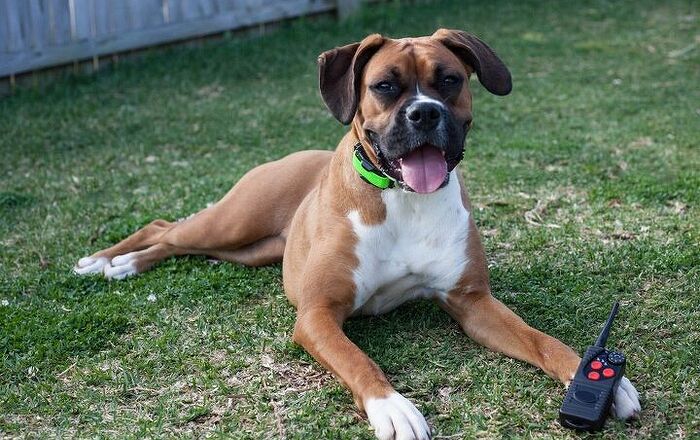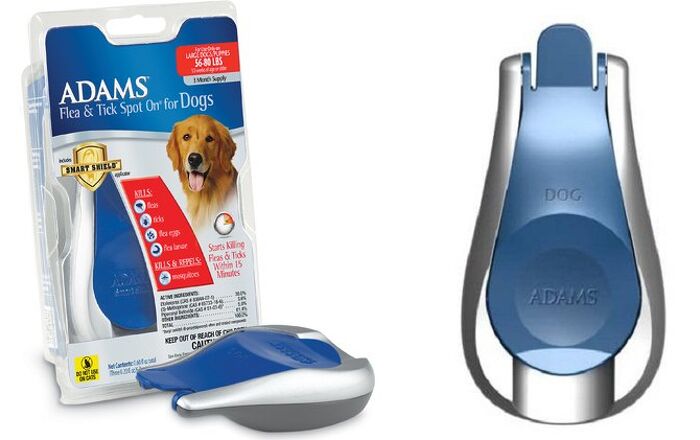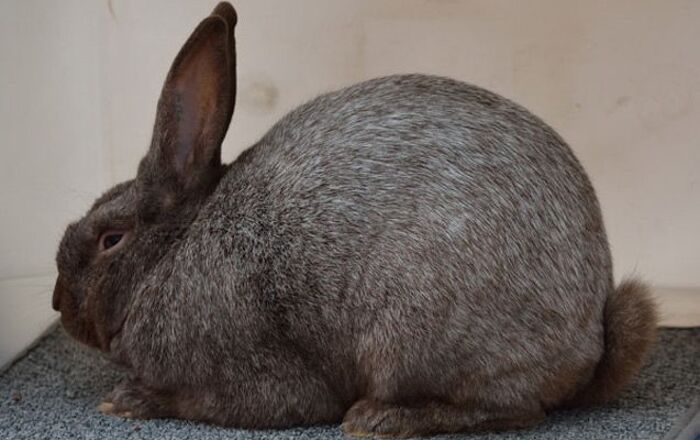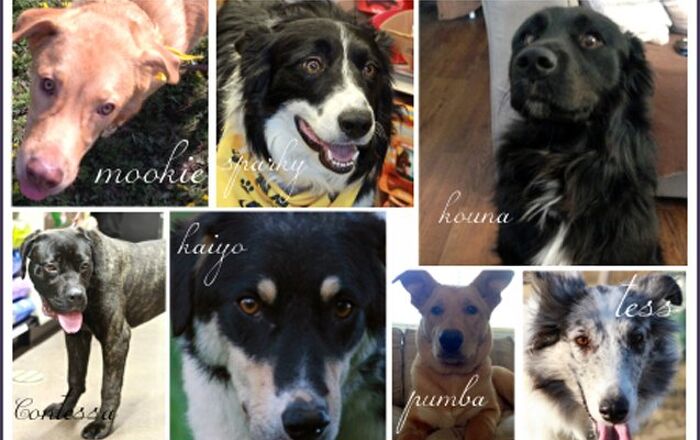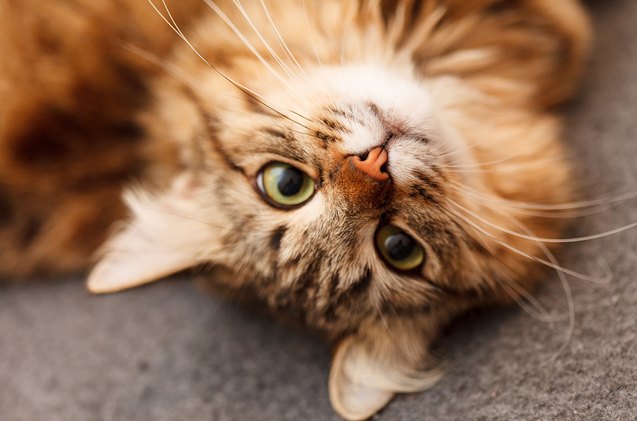
This human affliction can also leave your cat short of breath – here’s what you need to know about asthma in cats
Just as humans can suffer with asthma, felines can too. Knowing what the symptoms of this chronic condition are, as well as what treatments are available, will allow you to give your asthmatic kitty the best quality of life possible. Continue reading to learn more about asthma in cats so that you can pinpoint symptoms and get your pet help as soon as possible in the event he begins showing signs of the disease.
What is Asthma?
Asthma is also referred to as Feline Bronchial Disease. It is an inflammatory condition that affects the bronchi of felines, and the inflammation itself is what is so damaging because it causes obstruction of airflow, fluid buildup, and a thickening of the mucous glands along the airways.
Related:How To Relax A Stressed Cat
What Causes Asthma?
The inflammation associated with asthma occurs as a result of an allergy of some kind. For example, airborne pollen is one of the common triggers, though exposure to mold and dust on a consistent basis can also lead to asthma, especially because cats spend a lot of their time very close to the ground, where these allergens can collect. Other triggers, however, can include food allergies or sensitivities to chemicals in the environment or in products that are used throughout the home.
What are the Symptoms Associated with Asthma?
The typical symptoms associated with asthma include difficulty breathing, coughing, wheezing, purplish or bluish gums, an unwillingness to move, or hiding behavior that is not normal for your cat.
Related:How To Create A Cat-Friendly Home
If your cat exhibits any of the symptoms associated with asthma, you should have him examined by a veterinarian right away. Many of these symptoms mimic those of other diseases, such as heartworm or other respiratory ailments. Therefore, a definitive diagnosis from your vet will prevent excess worry and stress while ensuring the most effective treatment options are used to bring your cat relief and prevent complications.
It is also important to note that secondary infections, particularly pneumonia, occur in about 24 to 42 percent of felines suffering with asthma, so keep an eye out for new symptoms that would alert you to these secondary infections.
What are the Treatment Options?
Conventional veterinarians will often prescribe antihistamine and corticosteroid medicines. Bronchodilators are also prescribed. Corticosteroids are usually given by injection, by mouth, or a combination of the two. The injections themselves can be long-lasting or short-acting. However, these drugs have side effects that can occur both in the short-term and in the future, and some side effects can be severe. Therefore, you may choose to go with short-term fast-acting corticosteroids. Discuss your options with your vet, who would know what is best for your cat.
A holistic vet will also consider incorporating the use of herbs and homeopathic remedies that are chosen based on your cat’s specific needs and overall constitution in order to increase the odds that they will be effective. Herbal remedies include boswellia, coltsfoot, cat’s claw, feverfew, ephedra, German chamomile, garlic, ginkgo biloba, lobelia, turmeric, and licorice. Improving your cat’s diet can also help. And other natural treatments include supplementation with omega-3 fatty acids and certain vitamins and minerals with high antioxidant content.
Minimizing triggers is also a key component in helping to prevent asthma attacks if your cat has been diagnosed with this condition:
In the event your pet is suffering with an asthma attack that he has never had before, or you are unable to use the treatment options provided by your vet to control an attack, get your pet to the vet right away. On the way to your vet’s office, keep your pet as calm as possible, placing him in a carrier while ensuring his breathing is not restricted at all. Human inhalers should never be used on your cat, but if your vet prescribed a feline-specific inhaled medication, use it right away.


